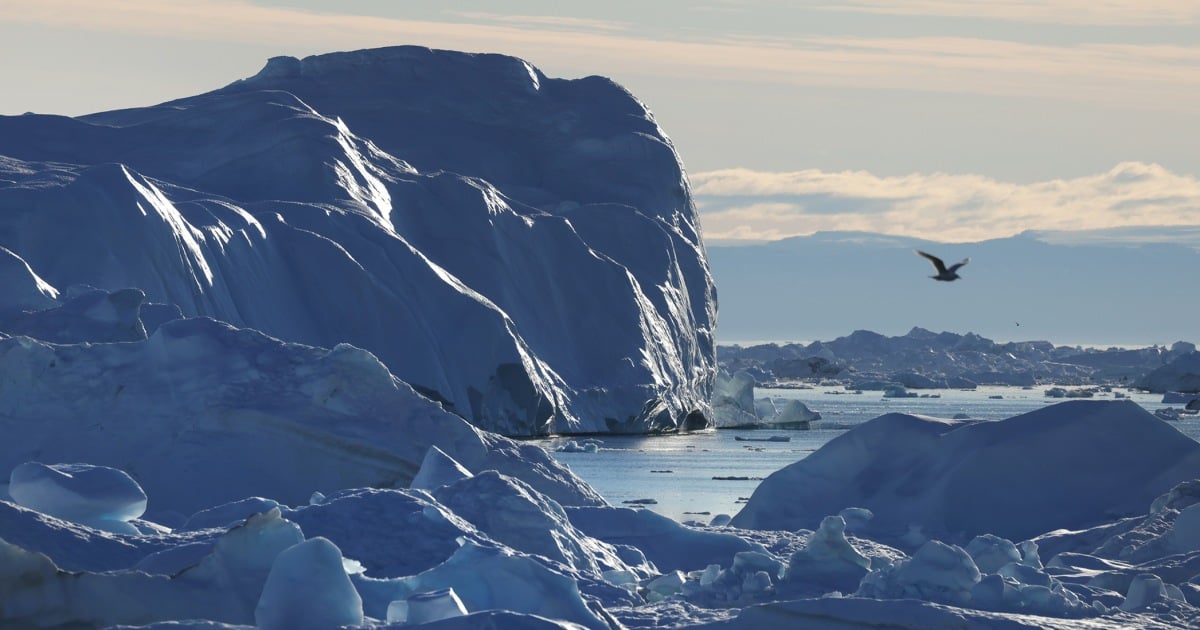Summary
The Arctic experienced its second-hottest year on record, with the tundra shifting from a carbon sink to a carbon source due to melting permafrost releasing greenhouse gases like methane.
The NOAA’s Arctic report highlights Arctic amplification, where melting ice and snow expose darker surfaces that absorb more heat, driving regional warming 2-4 times faster than lower latitudes.
Consequences include rising sea levels, extreme wildfires, and unprecedented emissions—wildfires alone exceeded Canada’s economic emissions.
Arctic sea ice has declined 50% since the 1980s, signaling a rapidly transforming and unstable ecosystem.



Don’t worry. Trump’s administration will stop looking, that’ll make the problem go away.
Just nuke it. They don’t call it “nukular winter” for nothing.
Oh dear gods, do not say that. It’s just the sort of thing that he would believe. Don’t give him any ideas!